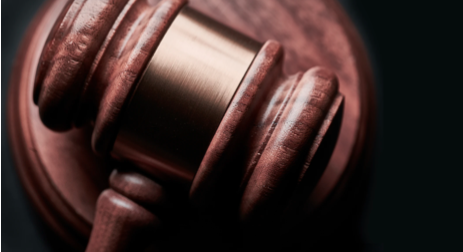- Home
- Areas of Practice
- Oklahoma City DUI Defense Lawyer
- White Collar and Embezzlement Charges
- Oklahoma City Drug Charges Lawyer
- Gun Charges Lawyer in Oklahoma
- Assault & Battery and Domestic Violence Charges Lawyer OKC
- Oklahoma City Probation Violations Lawyer
- Oklahoma City Theft Lawyer
- Expungements – Erase Your Criminal Record
- Locations We Serve
- About Us
- Results
- Contact
- Resources

